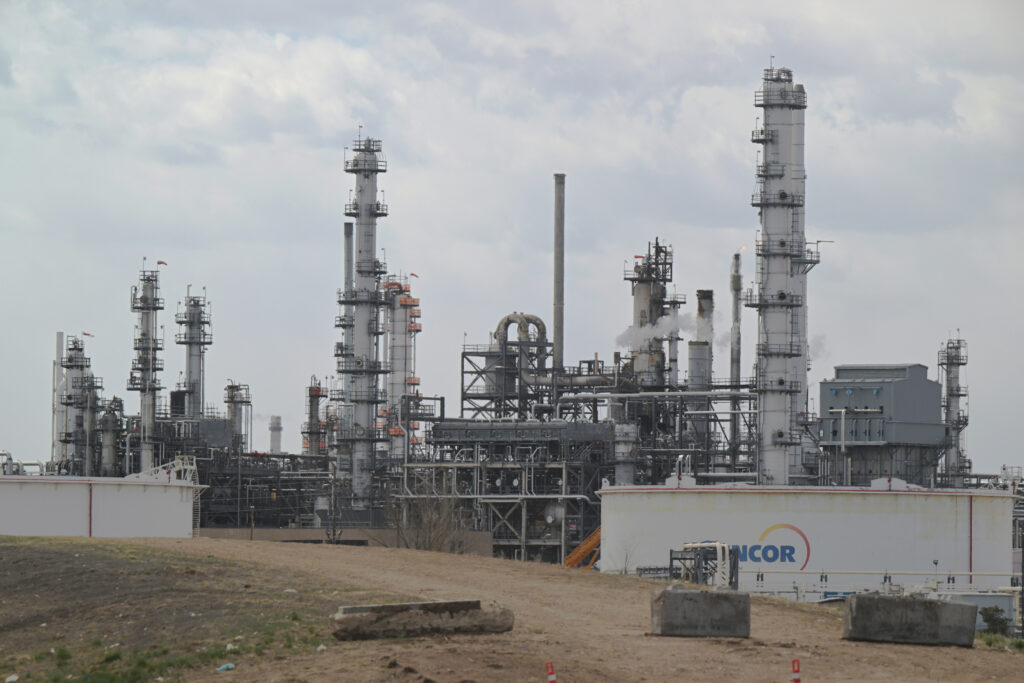The way that waste in Northern Ireland will be handled over the next few years will change dramatically following consultations by Defra and the UK’s devolved administrations, according to Joseph Doherty of Re-Gen Waste.
In Northern Ireland, the Department of Agriculture, Environment & Rural Affairs is still analysing the responses. One of the most significant consultations was on plans to introduce Extended Producer Responsibility on packaging.
The concept of producer responsibility – placing the cost of recycling of products at end of life onto those that placed the products onto the market, has been applied across the EU and in many other countries for years. The detailed workings of the system are still to be hammered out, but it is expected that a central government-appointed administrator will take responsibility for obtaining fees from the affected businesses.
The administrator will then pay local authorities and waste collectors for the costs involved in the collection, transport and recycling of packaging waste from households and small businesses.
A deposit return scheme (DRS) could be introduced to encourage the public to bring empty beverage containers to collection points in return for a small payment. Councils will be required to collect a more consistent range of recyclables to avoid the current uncertainty over what can actually be placed in the household recycling bin.
Mr Doherty believes that changes will be introduced in 2024 at the earliest but may be later, he says: “There are big changes in the pipeline for 2024 although there has been optimistic talk of a 2023 start date. It is hoped that the scheme will see an increase in recycling targets but perhaps more significantly, current estimates are that up to £2.7billion per year will be charged to companies that place packaged goods onto the UK market.
“Businesses will come under pressure to separate higher levels of materials for recycling. The anticipated new regulations will apply a far higher cost for packaging waste that under the current system has cost UK firms on average between £50-150 million per year.
“Those companies that use difficult to collect and recycle packaging, will pay a far higher cost than those whose packaging is easily collected and recycled, thus forcing businesses to place more sustainable packaging on the market.
“The goal is to reduce packaging and increase recycling levels, and it is clear that innovation will be required. Recently, there has been widespread concern over the level of plastic that ends up as litter and polluting oceans. Tensions between the main purpose of packaging and its end-of-life environmental impact will have to be finely judged. If more food is wasted through the use of easy-to-recycle packaging, we need to question if there is a risk that reducing packaging will lead to a shorter shelf life for food thus creating more waste food which is worse.”
Mr Doherty claims that the potential costs of the deposit return scheme have led to widespread industry concerns, especially following the turmoil caused by Covid-19. However, the UK Government’s recycling minister Jo Churchill says it will be for businesses to decide if they will improve and reduce their packaging. The alternative is that they may just pass on the cost to the consumer.
In 2018, the Government launched the Resource and Waste Strategy, a document that set a timeline for far reaching changes to the way that waste is managed, to place much more emphasis on the Circular Economy and waste being treated as a resource. Included in this was an intention to apply producer responsibility to a much wider range of materials to improve environmental performance and to transfer cost from the public purse to industry and ultimately, the consumer. These include bulky waste such as furniture and mattresses, textiles, tyres, construction waste and fishing gear.
The waste industry is having to up its game to meet the challenges ahead. Not only will the controls tighten, but there will need to be extensive investment in the way that waste is processed once it has been collected, to achieve much greater separation and much higher quality of output for the recycling industry.
Mr Doherty says, “Re-Gen has already started that process and, we believe, is ahead of the game. But there is no room for complacency and both householders and businesses will also have to play their part in correctly separating out recyclable waste from non-recyclates. Re-Gen has made significant investment in its recycling facility.”
He concludes; “We need to consider the unintended consequences of packaging changes and how that will coincide with carbon usage, and how the focus needs to be on a joined-up approach. It is essential to measure the cost of food and carbon usage against the cost of packaging and a full life-cycle analysis together.
“The long-term target is that the UK will develop the recycling infrastructure necessary to be self-sufficient in capacity and maximise the circular economy opportunities. Coupled with that target is the global movement towards an environmentally friendly, intelligent and workable way to handle waste in the future. The creation of clean, green innovative jobs in design, research, manufacturing, engineering and technology is a challenge for our entire economy beyond the next five, ten or 15 years.”
















